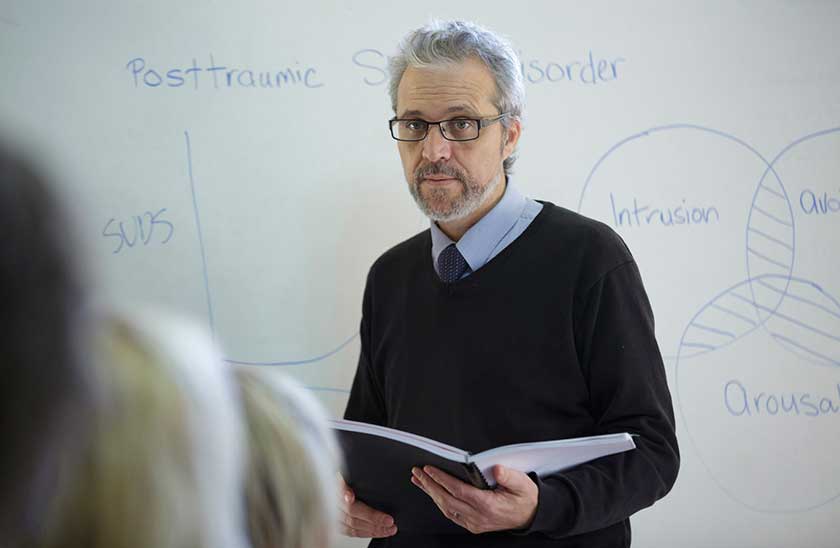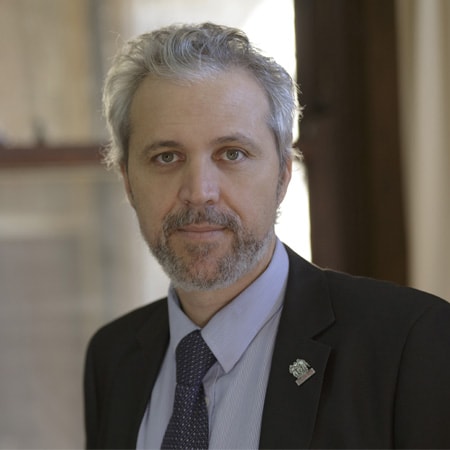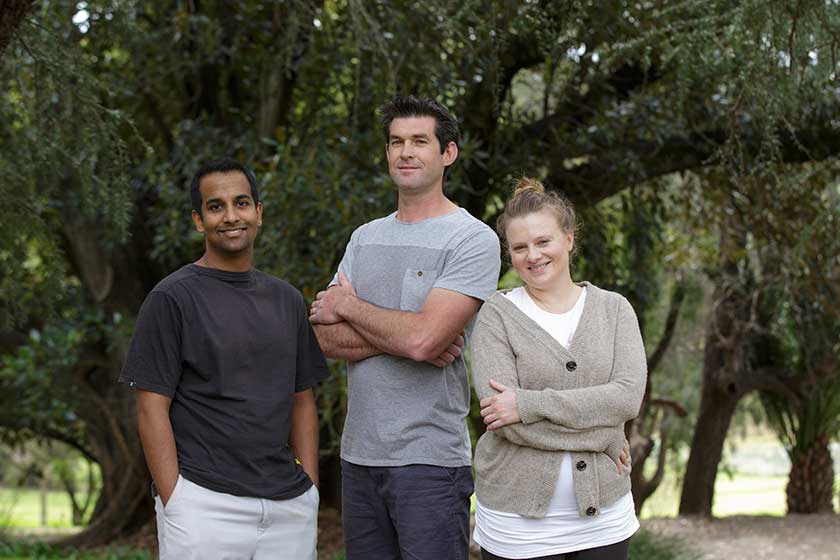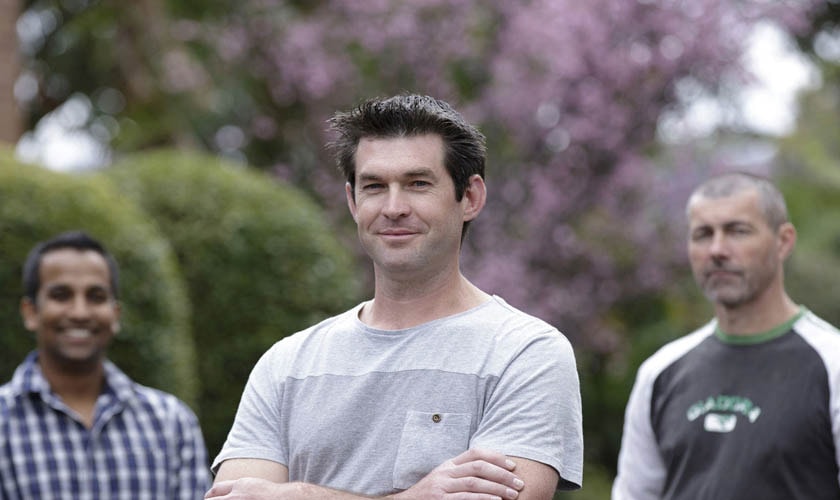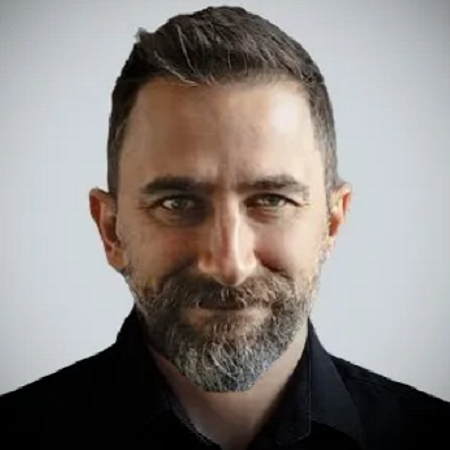Trauma and mental health expert Professor Zachary Steel explains the top five reasons we should be paying attention.
1. PTSD doesn’t just affect soldiers
PTSD is widely recognised as a risk of military service, but did you know people who work as first responders – police, ambulance officers, firefighters, emergency personnel – are also at higher risk?
First responders who are first at the scene of an accident, natural disasters or other incidents often put their own safety at risk to help others.
Like military personnel, first responders see and experience situations that are shocking and can be hard to process.
This can lead to a higher risk of them acquiring a mental health injury such as PTSD.
2. But there are similarities between armed forces and first responders
The experiences of first responders and their military comrades - who both run towards disasters while everyone else runs away – are similar and people working in both areas are at an increased risk of PTSD.
Similarly, just as those who work in the armed forces are often characterised as stoic with unending reserves of endurance, so too are those who work as first responders.
Unfortunately, as people serving in the military and first responders see more and more incidents their risk of acquiring PTSD increases over time and their characteristics that empower them to do such a great job of protecting and caring for us, can get in the way of them seeking help for their own emotional wellbeing.
This can lead to their symptoms getting worse.
3. PTSD isn’t inevitable
There is a myth developing that all first responders will get a mental health injury and it is just a matter of time.
This is not the case. The majority of people do get through their careers without acquiring an injury.
Yet there is no doubt there is an increased risk. The one solid research finding that has emerged across multiple settings is that the more critical incidents attended, the greater the risk of acquiring a mental health injury.
The nature of the work first responders do is to be exposed to such events and the resulting risk from this has to be taken seriously.
4. Growing role of first responders makes a difference
Over time, the great work done by our first responder organisations has been getting more professional and more efficient.
The report documents how the operational tempo for first responders has increased over time. The automated systems which help ensure rapid response times and the ability to get more responders to the scene of an incident means that their level of exposure has also increased.
We also need to aware of the role downtime can play in maintaining good emotional wellbeing, and when the demands on our first responders grows giving them the downtime they need diminishes.
5. Help is available
The When helping hurts: PTSD in first responders report puts a bit of a highlight on some well-established evidenced-based treatments that, unfortunately, a lot of people aren’t accessing.
The one thing that we know is that recovery and improvement is possible, but often it is a long journey and people do sometimes experience setbacks.
There is a network of agencies around Australia that have a lot of experience working with first responders and other people with PTSD.
Even if you experience some early setbacks it is good to keep trying to find people you trust and people you can work with.
If you need urgent mental health help, call Lifeline on 13 11 14.

